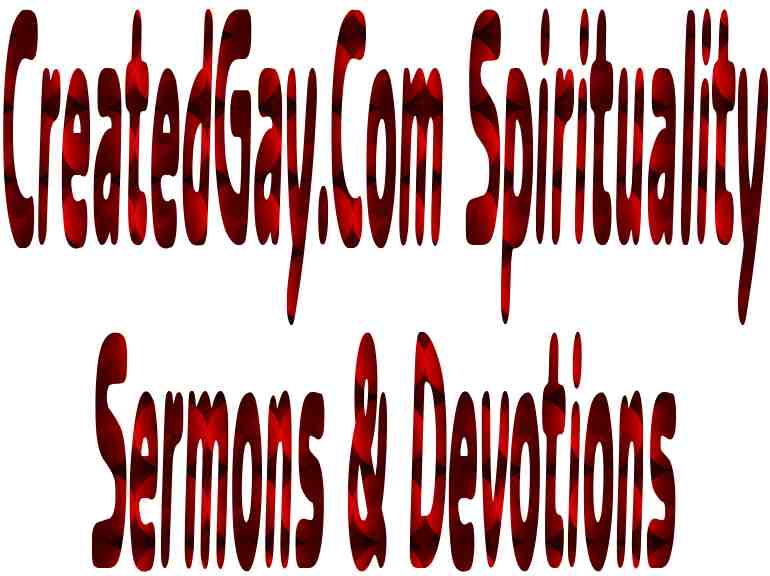What Doest Thou?
Exodus 18: 9
– 12 (Moffatt
Bible) Jethro
rejoiced over all the goodness of the Eternal to Israel, in rescuing
them from the Egyptians. "Blessed be the Eternal," said he,
"who has rescued you from the Egyptians and from the Pharaoh,
who has rescued the people from the grip of the Egyptians! 11I
see now that the Eternal is stronger than all other gods, for he has
routed the haughty foes of his folk." 12So
Jethro, the father-in-law of Moses, brought a burnt-offering and some
sacrifices for God, and Aaron and all the sheikhs of Israel came to
join the sacrificial meal made by the father-in-law of Moses before
God.
Something
seems to be amiss in this chapter. Something just is not right.
Moses gives a wonderful testimony of all God has done. His
father-in-law Jethro praises the Lord. Jethro, Moses and Aaron offer
a sacrifice to the Lord. So far things seem reasonable. Having a
season of thanksgiving as a way of celebrating God's leading is
positive and appropriate.
But
let us stop and think through the events of Chapter 19. Jethro,
Moses father-in-law comes to visit. He brings Moses' wife and
children with him. Moses recounts the things God did for the
children of Israel. His father-in-law, Jethro, is impressed. There
is a celebration of God and all God has done. The next day, Moses is
working as a judge in the court. Jethro notices Moses is working in
the court all day. Notice his reaction to Moses' dedicated service
to God.
Verse
14. What
is this you are doing? Why sit alone as a judge, with the people all
round you from morning until night?
The
discussion continues, as Moses defends his actions. Jethro zeros in.
Picking up the conversation between Moses and Jethro with verse 17.
You
are not doing right.
Then Jethro tells Moses how God is able to help him.
I
am not sure if you've caught what is wrong with the picture. Reflect
on this for a moment. There are a couple of things wrong with the
picture.
First,
Moses' priorities need to include his family. He has just been
reunited with his family. His father-in-law is visiting and he
spends all day working. There needs to be balance in our lives.
Moses' life appears to not have balance. He is spending all day
serving God and serving the people, while personal and family needs
are not being met.
Moses
gives God all the credit for rescuing the children of Israel. But
somehow Moses seems to feel that the God who rescued the children of
Israel is not God enough to help with the day-to-day affairs. God is
able to rescue the people, but God cannot maintain God's people!
This is not a good belief system. Of course, Moses would deny
believing something that twisted, but that is how he was living out
the faith.
Moses'
own testimony of God's protection and of God's leading was not good
enough to help Moses' heart understand that God did the work. Moses
still felt he had to do all the work. Any time we feel we must do
the work, that we are the best person to do the job, or the only
person to do the job we exercise a lack of faith in God and in God's
ability to do what is needed.
The
queer community has many people in it who are trying to earn love and
acceptance. There is a very strong desire to be loved and accepted
by people. While the desire to be loved and accepted is healthy and
normal, that desire can become so strong it is not healthy. An
unhealthy desire to be accepted might have its roots in being
rejected by family, loved ones, and friends. The desire to be loved
and accepted is unhealthy when people attempt to do too much to be
accepted by others. The result can be professional, community
volunteer, or church workaholics.
Rabbi
Dovid Feinstein points to another possible problem. That problem is
easily seen in the old King James translation. Verse 14.
And
when Moses' father in law saw all that he did to the people,
he said, What is
this thing that thou doest to the people?
Feinstein's
concern is that Moses gave people the impression that for all time
only Moses could be the leader of the children of Israel.1
When try to do it all for God, we act like we are the only ones who
can serve God. That is not just unhealthy for us; it shows bad
theology and it is unhealthy for God's people.
Notes: 1Yissocher
Frand. Rabbi Frand on Parshas Yisro: Knowing the Difference
Between a Complainer and a Truth-Seeker. Torah.org
(internet web site: URL
http://projectgenesis.org/learning/ravfrand/5766/yisro.html).
